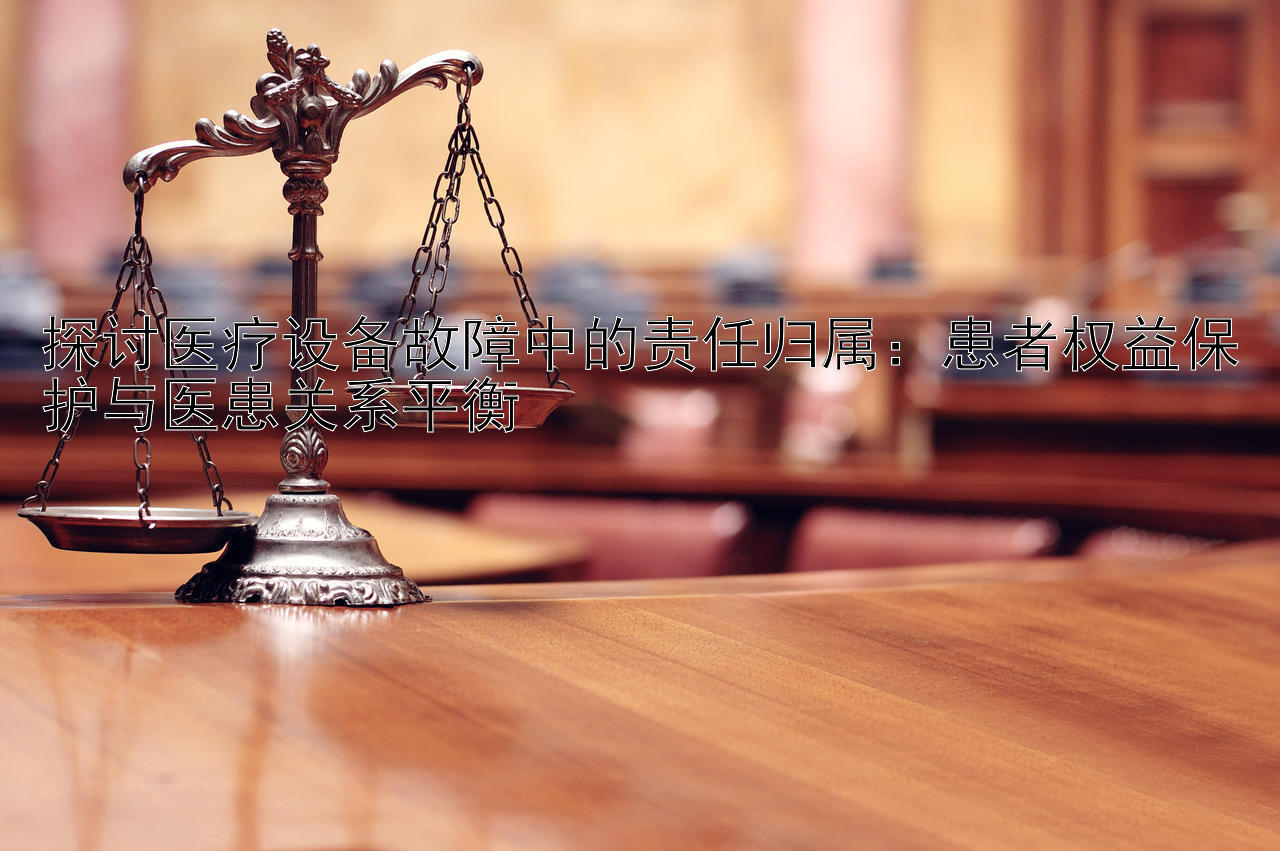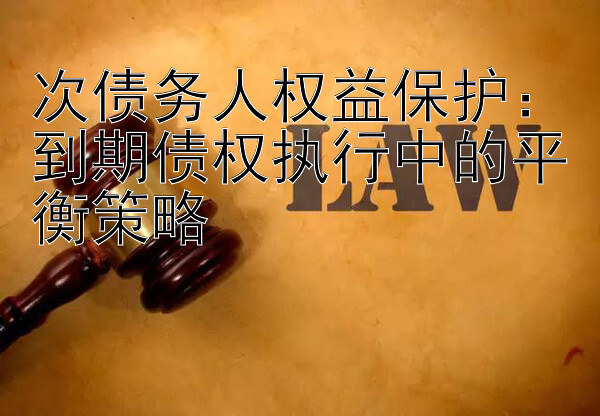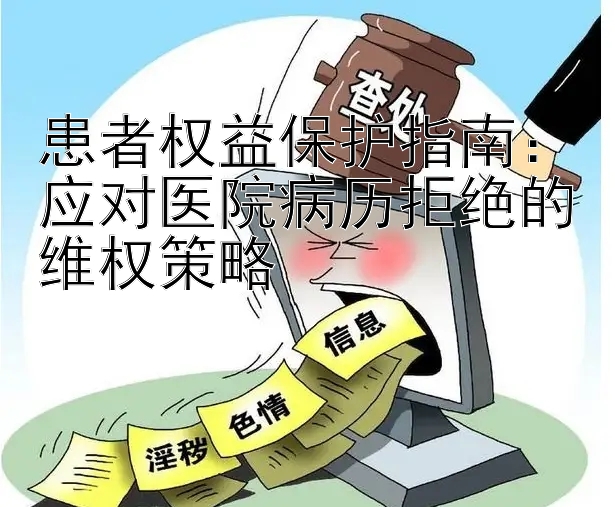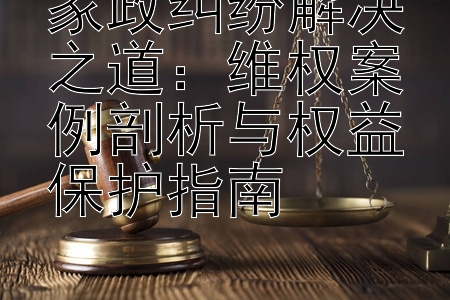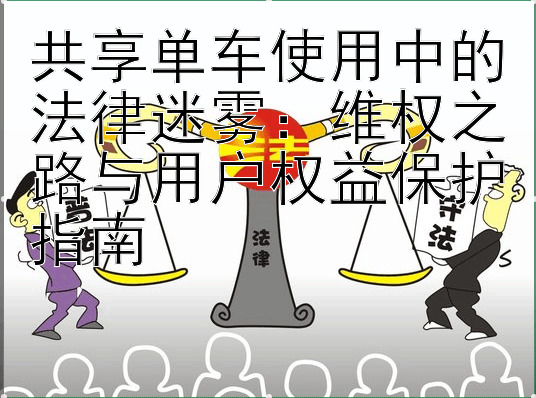特许经营中的关键一步:确保特许人信息公开透明的权益保护
导读特许经营是一种商业模式,其中特许人是向被特许人授权使用其商标、商号、产品、服务或经营方法等知识产权和商业秘密的个体或者企业。在这个过程中,确保特许人的信息公开透明至关重要,因为这直接关系到被特许人的权益保护和特许经营的长期成功。以下将探讨特许经营中这一关键步骤的法律意义、要求以及可能的法律后果。一、......
特许经营是一种商业模式,其中特许人是向被特许人授权使用其商标、商号、产品、服务或经营方法等知识产权和商业秘密的个体或者企业。在这个过程中,确保特许人的信息公开透明至关重要,因为这直接关系到被特许人的权益保护和特许经营的长期成功。以下将探讨特许经营中这一关键步骤的法律意义、要求以及可能的法律后果。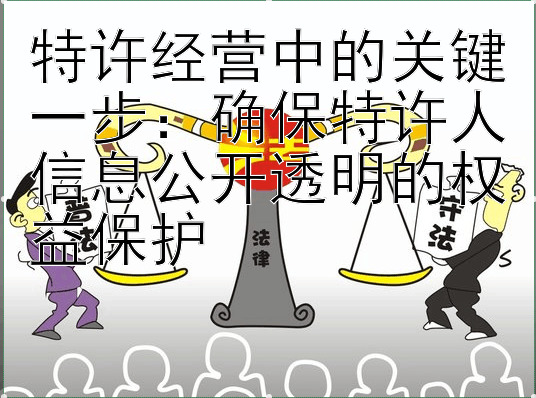
一、法律规定与政策导向 在许多国家,例如美国和中国,都有关于特许经营的法律法规,这些法规对特franchising is a business model in which the franchisor grants the franchisee the right to use its intellectual property, such as trademarks, trade names, products, services, or business methods. Ensuring that the franchisor provides transparent and accurate information about their business is crucial for protecting the rights of franchisees and ensuring the long-term success of the franchising arrangement. The following article explores the legal significance, requirements, and potential consequences associated with this key step in franchising.
I. Legal Provisions and Policy Direction: In many countries, including the United States and China, there are laws and regulations governing franchising. These regulations require franchisors to disclose certain information to prospective franchisees before they sign a contract. For example, under the Federal Trade Commission's Franchise Rule (FTC Rule) in the U.S., franchisors must provide potential franchisees with a disclosure document containing specific information about the franchise opportunity at least 14 days before the franchisee signs a binding agreement or pays any money other than a refundable fee. In China, the Regulations on Management of Commercial Franchises stipulate similar disclosure obligations for franchisors. Such regulations aim to create transparency and fairness in franchising transactions by providing potential franchisees with sufficient information to make informed decisions.
II. Disclosure Requirements: The content of the required disclosures varies from country to country but typically includes:
- Financial Performance Representation: Information regarding the franchisor's financial performance, such as average or range of earnings that existing franchisees have achieved. This helps franchisees assess the potential profitability of the venture.
- Litigation History: Details of past or pending litigation involving the franchisor or the franchise system.
- Terms of Agreement: A copy of the proposed franchise agreement and any ancillary agreements.
- Franchisor's Business Experience: Background information on the franchisor's management team and experience in operating franchises.
- Support Services: Description of the training, ongoing support, and marketing assistance provided by the franchisor.
- Royalties and Fees: Detailed breakdown of all fees paid by franchisees, including initial investment costs, royalties, and renewal fees.
- Territory Rights: Explanation of territory rights granted to each franchisee.
- Contract Renewal/Transferability: Conditions for renewing the franchise term or transferring the franchise to another party.
- Exit Strategy: Process for terminating the franchise relationship, including termination grounds and notice periods.
III. Case Studies: To illustrate the importance of these disclosures, consider the following case studies:
-
Example 1 - Misleading Financial Projections: A franchisor misrepresents historical financial data, leading new franchisees to believe they will achieve higher profits than is realistic. When actual earnings fall short, franchisees may file lawsuits alleging fraud or deceptive practices.
-
Example 2 - Lack of Transparency About Litigation: If a franchisor conceals significant litigation history, particularly if it relates directly to the franchise operations, franchisees could argue they were induced into signing the agreement based on incomplete information. They might seek damages or even void the contracts due to lack of fair dealing.
-
Example 3 - Unclear Territory Protections: A franchisor fails to specify territorial boundaries clearly, resulting in oversaturation of locations within a given area. Franchisees who invest without knowing they would be competing against others nearby can claim economic harm and breach of contract.
IV. Consequences of Non-Compliance: Non-compliance with disclosure requirements can lead to severe legal repercussions for both franchisor and franchisee:
- Legal Penalties: Regulatory bodies like the FTC can impose fines or take other enforcement actions against non-complying franchisors.
- Damages Claims: Franchisees may sue for damages caused by reliance on inaccurate or misleading information disclosed during the pre-contractual phase.
- Reputational Damage: Failure to comply with disclosure rules can tarnish the reputation of the franchisor, making it harder to attract new franchisees.
- Void Contracts: In some cases, courts may find that the franchise agreement was entered into under fraudulent conditions and thus invalidate the contract.
Conclusion: Ensuring that franchisors provide clear, accurate, and comprehensive information upfront is essential for maintaining a healthy franchising environment. By fulfilling their disclosure obligations, franchisors not only protect themselves legally but also build trust with their franchisees, fostering long-lasting partnerships and mutual growth.
热门标签



